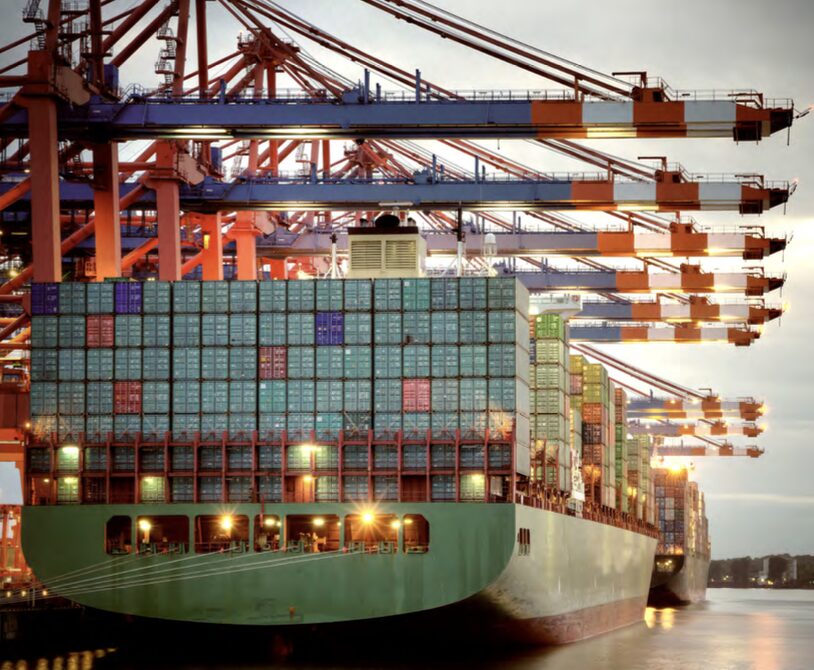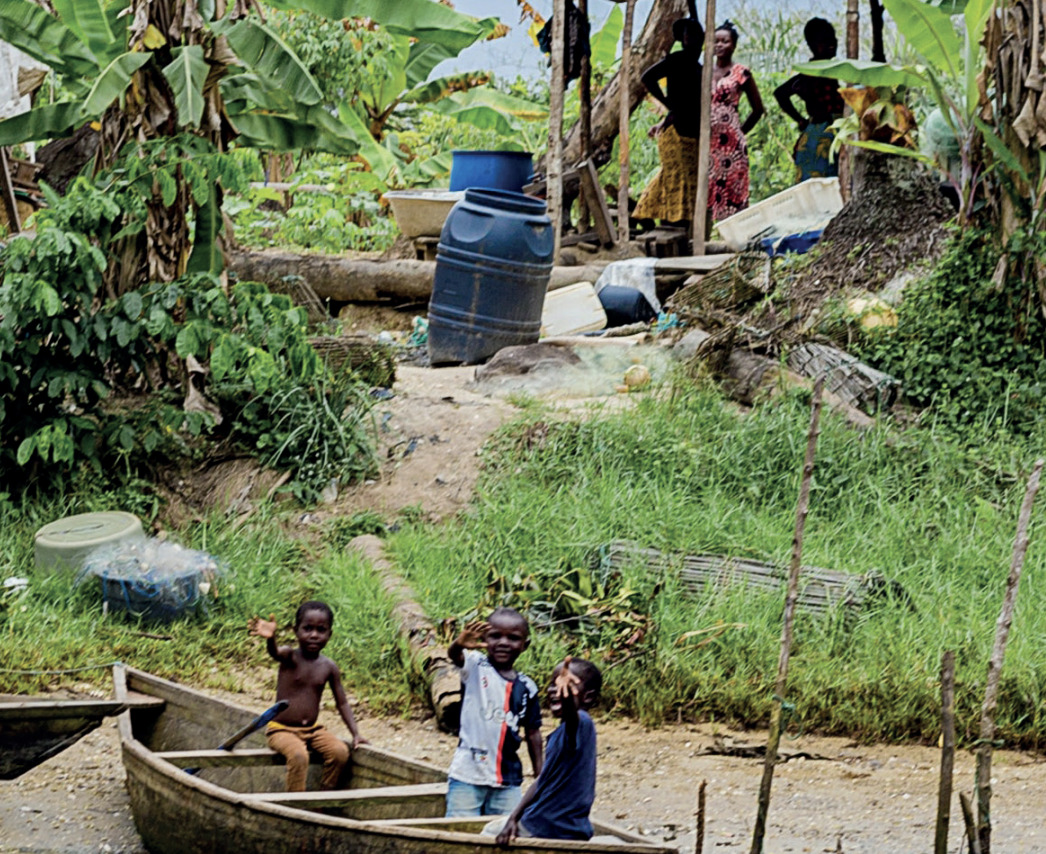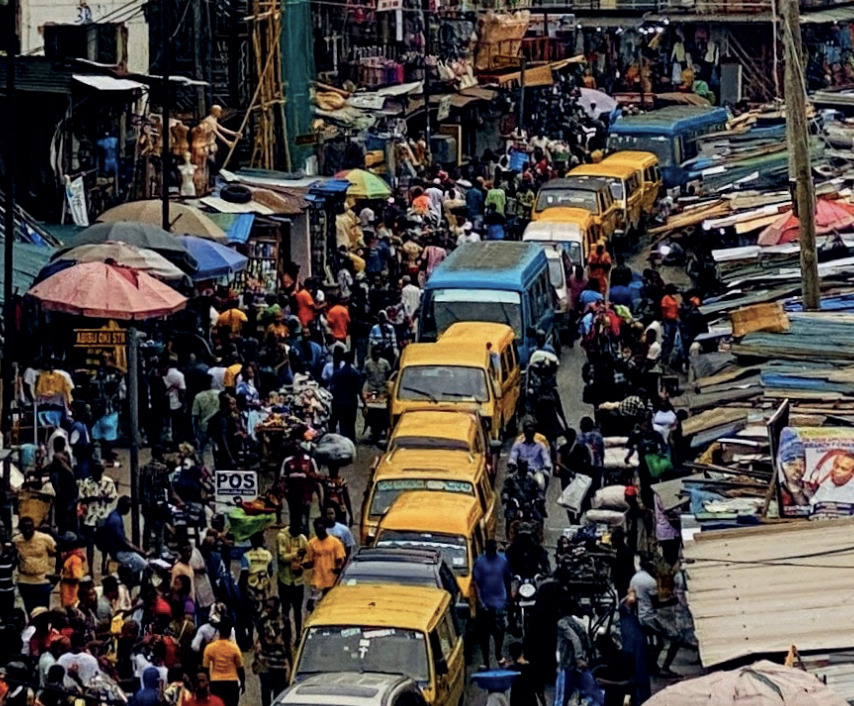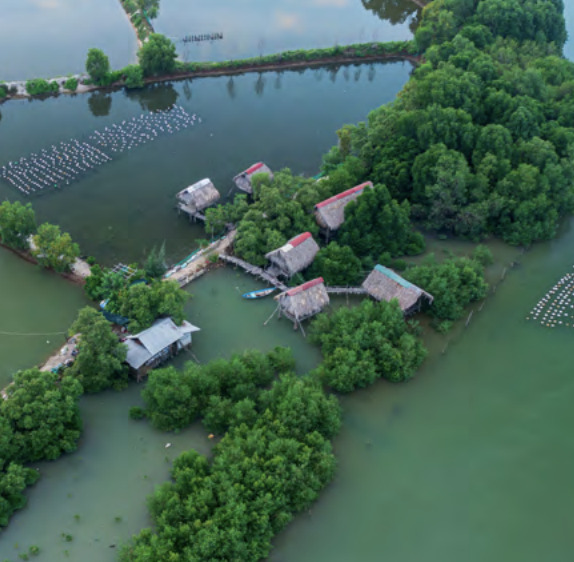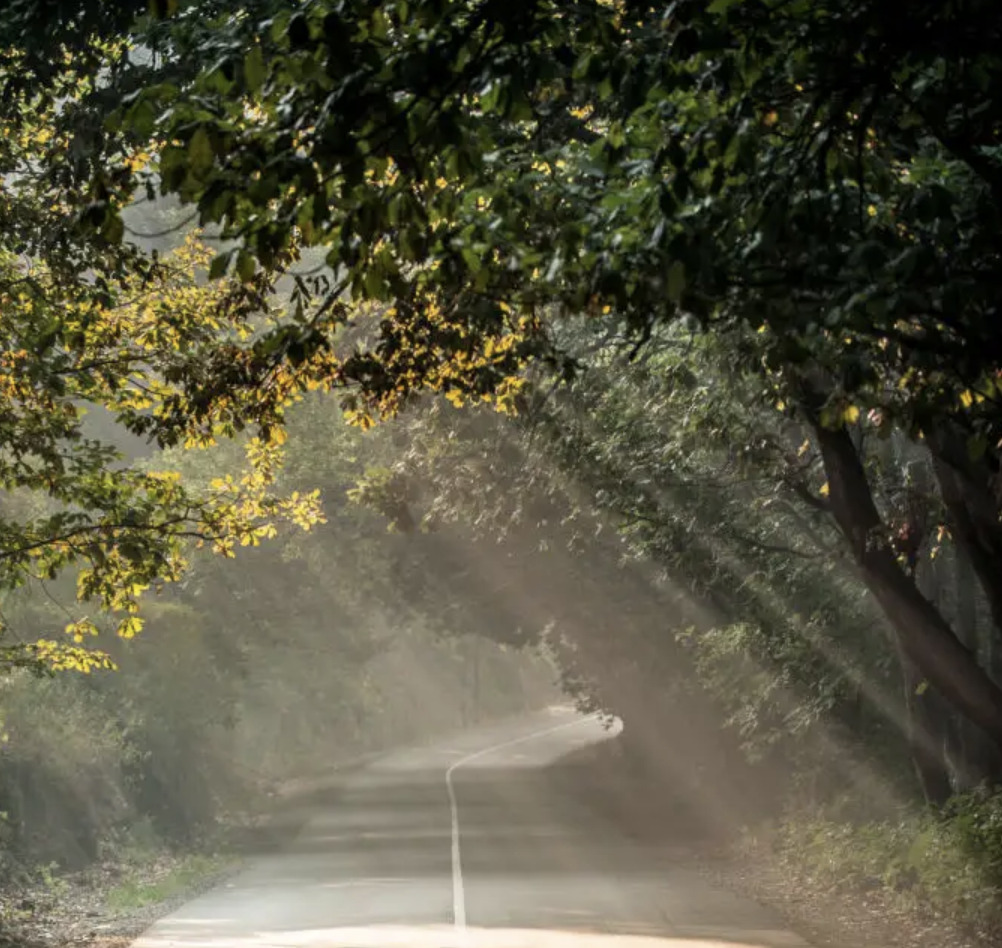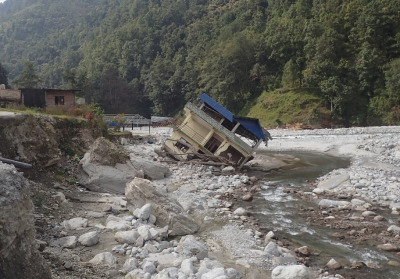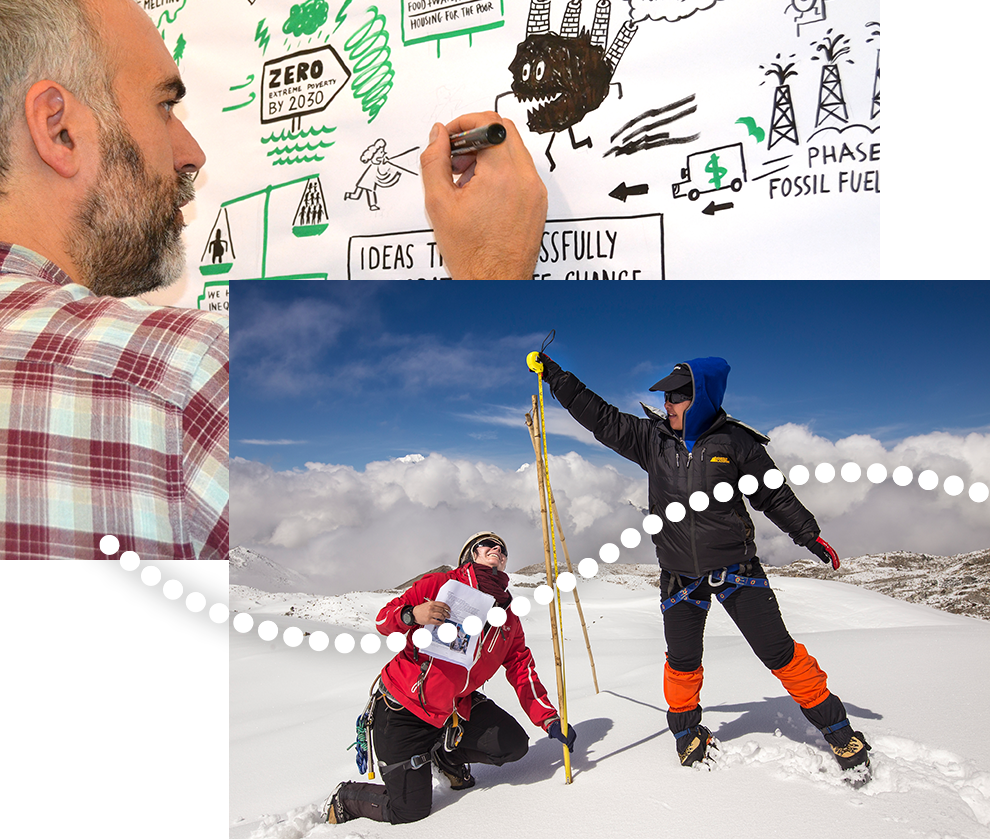Theme
Adaptation Without Borders – Indirect Impacts of Climate Change
Climate change – and adaptation to it – will occur in a globalized, hyper-connected world.
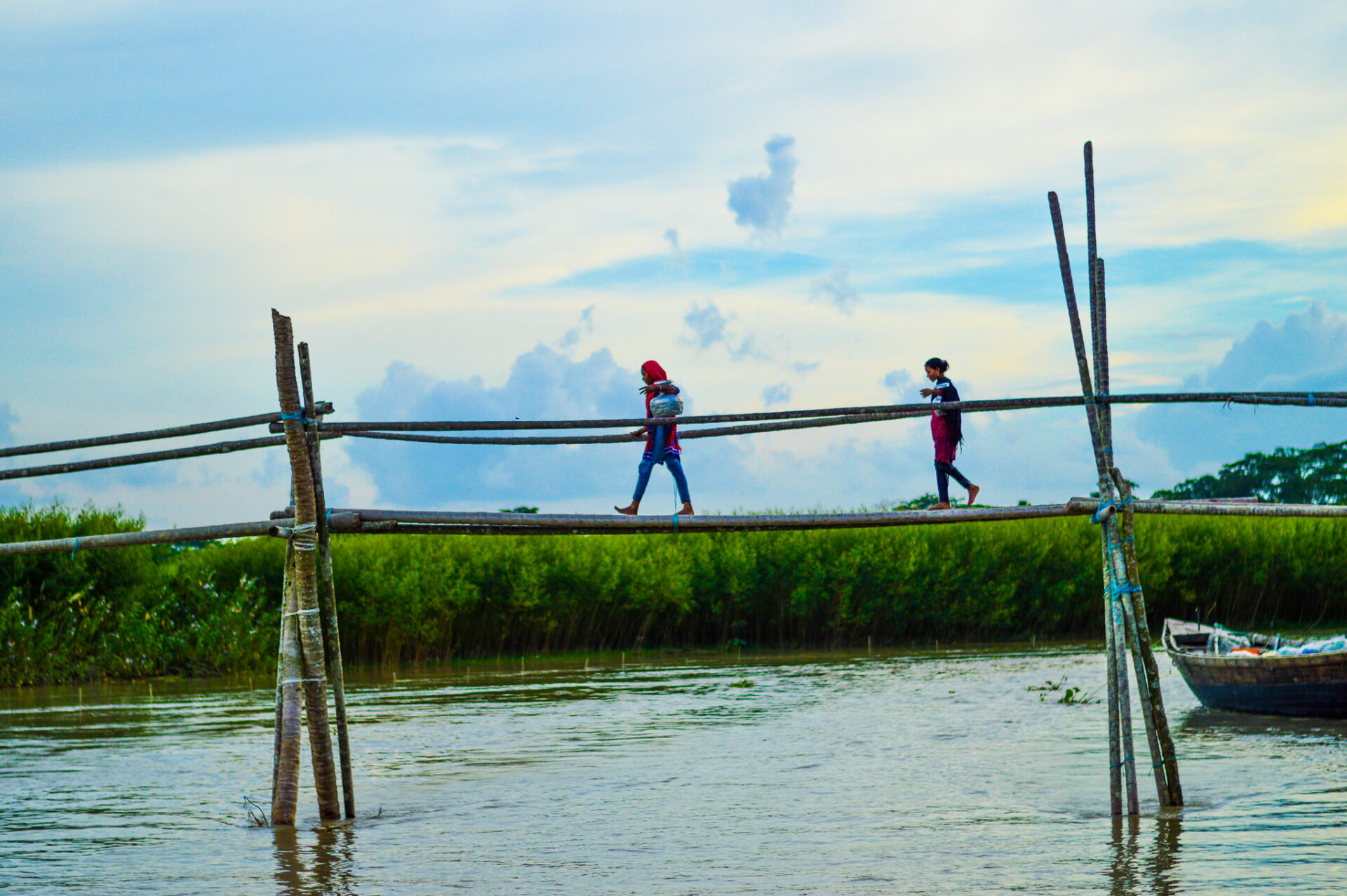
Cascading climate risks: strategic recommendations for European resilience
Why do cascading climate risks matter in a European context? This report describes a set of 21 recommendations on how to build resilience in Europe and globally to cascading climate risks.
White Paper on European Climate Risk and Trade in Europe
This Adaptation Without Borders white paper explores the main barriers that are currently hindering business actions on adaptation and the role of public policies in creating an enabling environment that will accelerate investments in adaptation solutions and scale up their deployment.
AWB at COP28
Check out Adaptation Without Border's engagement at COP28! Find details of events on all things adaptation and transboundary climate risk.
Policy mechanisms of the African Union and the Regional Economic Communities to manage transboundary climate risks
Take a deep dive into dive into African Union (AU) policies and programmes and those of four regional economic communities (RECs) in this report by the Adaptation Without Borders partnership. Learn about the political economy of transboundary climate risks and their management within existing continental and REC climate, economic, trade, infrastructure and people-centred policies and programmes.
Developing guidance on managing transboundary climate risks in adaptation and sectoral planning
Explore how we can move from prototype to fully operational (and widely deployed) guidance on mainstreaming TCARs within policy and practice in this concept note. It sets out several key considerations for developing credible and salient guidance on TCAR risk management in support of NAPs, regional adaptation planning and other climate policy planning processes.
Assessing transboundary climate risks under the UNFCCC Global Stocktake
What are the scientific, technical, political and procedural barriers to including transboundary climate risks in the UNFCCC Global Stocktake? This brief seeks to redress the "transboundary gap" in the next Global Stocktake and emphasise the need for international cooperation for climate action.
Entry points for integrating transboundary climate risks in the global goal on adaptation
Explore entry points for integrating transboundary climate risks in the global goal on adaptation framework in this Adaptation Without Borders discussion brief. The analysis considers a range of options, taking into account the stages of the adaptation cycle and themes to be covered by the framework.
Transboundary Climate Risks and the National Adaptation Planning Process
Learn about how the National Adaptation Planning (NAP) process can play a role in addressing transboundary climate risks in this brief, targeting adaptation practitioners, policy-makers, and negotiators.
A Roadmap for African Resilience
Explore proposed key actions towards realizing an ambition of the African Union Climate Change and Resilient Development Strategy and Action Plan (2022–2032) to “Enhance coordination between the Regional Economic Communities and Member States in addressing and managing transboundary and cascading climate risks” in this Adaptation Without Borders roadmap.
Enhancing cooperation to address cascading climate risks in the Hindu Kush Himalaya
Learn about the rationale for strengthening regional resilience to cascading climate risks in the HKH through this AWB discussion brief. It explores what a regional cooperation mechanism could consider and advance in policy and practice, proposing a set of potential areas for collaboration to move the discussions from the realm of ambition to action.

